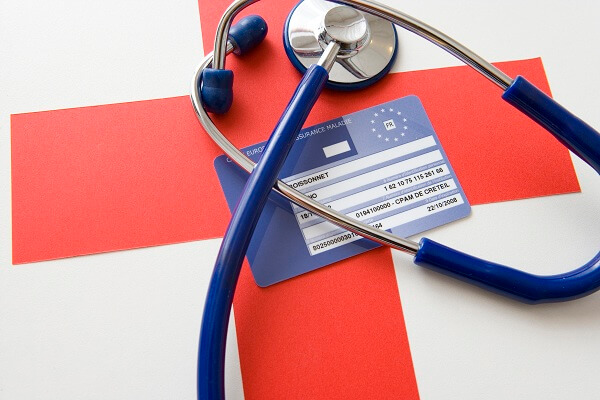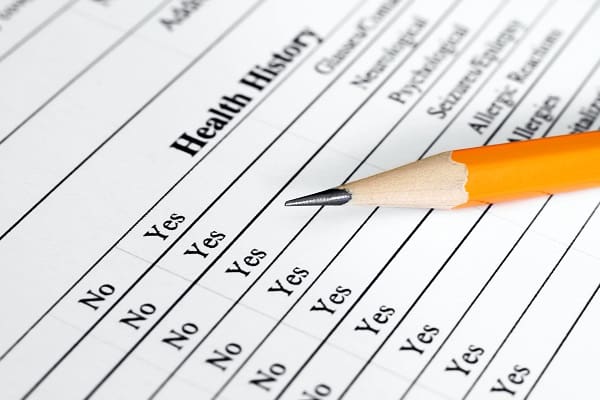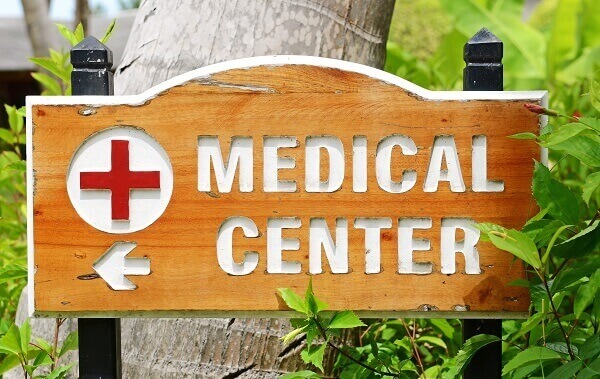All Your Travel Insurance Questions Answered
According to recent research by the Association of British Travel Agents, over 20% of Brits travel abroad uninsured each year. This may sound like a low number, but when you consider that the average medical bill is over £900, that is a lot of people leaving themselves vulnerable to expensive bills if something goes wrong.
Travel Insurance can be a confusing purchase, so to help everyone who has purchased or is considering purchasing travel insurance; here are our top five frequently asked questions and their answers.
Why do I need travel insurance for Europe when I have my EHIC?

From 1st January 2021 rules around travel to Europe have changed, visit the Government website for up to date information on passports, EHIC, healthcare and more. We’ll update this page with more information as and when the Government release it.
How does my pregnancy affect my travel insurance?

Pregnancy is not a medical condition, and so shouldn’t need to be declared to your insurer. The only time you may need to declare your pregnancy is if you have connected medical conditions, for example high blood pressure or gestational diabetes.
Travel insurers will have different rules about the cover they provide for travelling whilst pregnant, for example we cover normal pregnancy and child birth up to 28 weeks, from the start of week 29 we only cover unexpected complications. Airlines have similar rules, for example many airlines won’t allow pregnant passengers to fly after 28 weeks, and women must have a fit to fly note from their doctor to prove their due date, otherwise they may be denied boarding.
For more information to help you with travelling while pregnant, please read our complete pregnancy travel guide here.
Why do I have to declare my medical history?

Most travel insurers will ask you to declare your medical conditions, ranging from historical heart or breathing conditions, to non-routine GP visits in the last two years. It is really important that you declare these conditions to your insurer as fully and accurately as possible, otherwise you may not be covered if your condition flares up whilst abroad, or if you have to cancel your holiday for a reason linked to your medical conditions.
Having as much information as possible on your medical history will also help if you face a medical emergency abroad, for example your insurer’s emergency assistance team can then communicate with your treating doctors to ensure you get the best and most accurate treatment possible.
Why do you advise against using private clinics?

Most travel insurance policies will advise against seeking medical treatment in private clinics, there are many reasons for this, but the most important are…
1) Private hospitals are businesses which need to be profitable to stay afloat, which unfortunately has led to tourist traps all over the world. The ‘tourist trap’ refers to certain privately owned medical clinics around the world who seek to ‘trap’ tourists by inflating medical bills in the hope of getting paid by the tourist or their travel insurance. These clinics usually pay taxi drivers, hotels and hostels to send any injured tourists to their clinics, they then charge extortionate rates without providing appropriate care for their patients. To protect yourself against falling into the trap, always make sure you visit a state facility if possible, and under no circumstances should you ever give your credit card details or surrender your passport to anyone.
2) Public hospitals are regulated by the state – private clinics are not. In a public hospital it is virtually impossible for a doctor to be working in a field for which he is not qualified. Unfortunately, there are many doctors in the private sector who are not as qualified as they claim; this happens in the Mediterranean holiday resorts as well as further afield.
3) Public hospitals are inspected regularly with regard to their standards of medical care, hygiene, fire hazards, etc., whereas private hospitals may only be inspected in response to complaints.
How does my policy work, for example in the event of a claim?

Most travel insurance policies are split into Policy A and Policy B:
- Policy A provides cover before you leave home to start your trip, for example for cancellation etc.
- Policy B then kicks in to cover the rest of your holiday, for example lost or damaged possessions, medical emergencies etc.
Policies A and B will have policy limits for each section and an excess for each section; both of these will almost always apply per person. E.g. our Standard Multi Trip policies offer £1,500 cancellation cover with a £100 excess, so in the event of a claim a couple with a Standard Multi Trip policy could claim £3,000 for cancellation and pay a £200 excess.
If you want to find out more about the benefits of travel insurance, please read our dedicated travel insurance benefits page here.
Didn’t find the answer to your query? Please visit our FAQs page here.






